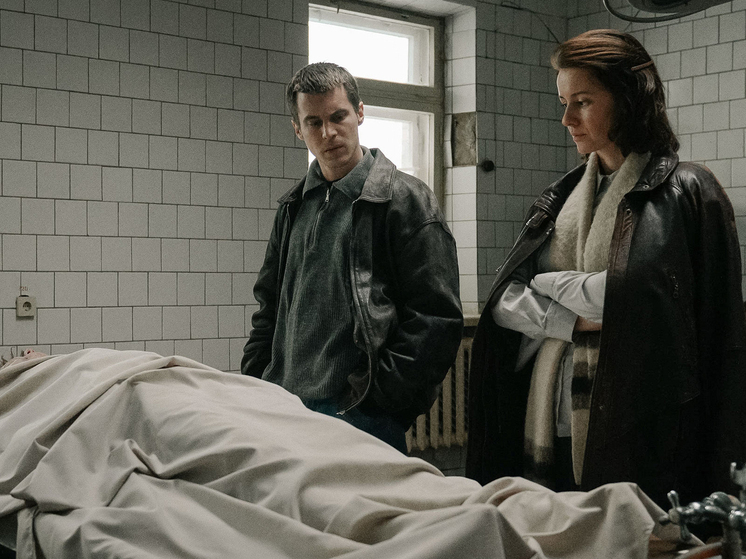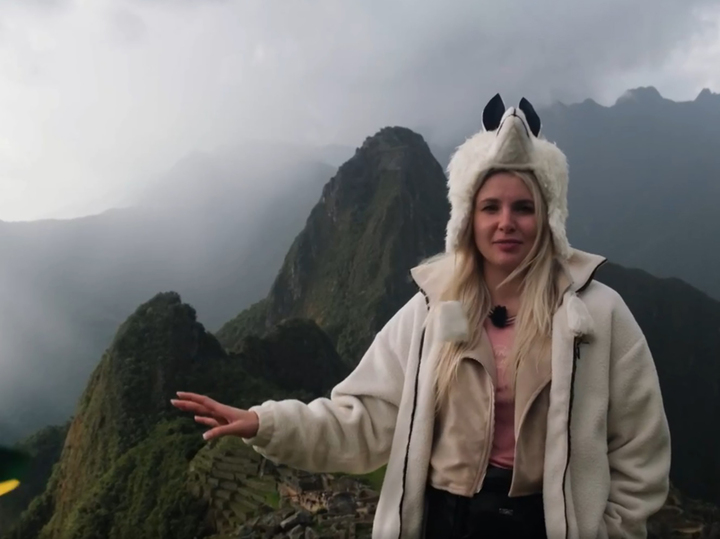Television offerings, much like the weather, can be unpredictable. This week presented a somewhat varied forecast for Russian viewers, featuring the continuation of a successful crime drama and the debut of a travel show promising extreme adventures. While both programs aim to capture audience attention, they highlight common challenges in delivering truly compelling content: the difficulty of repeating past successes and the fine line between staged excitement and genuine human experience.
The Return of the Investigator: “Fisher. Eclipse” Falters in the Shadow of its Predecessor
The original “Fisher” series earned praise for its atmospheric depiction of a maniac hunt, grounded in a specific historical era and featuring a memorable trio of investigators. Its conclusion felt definitive, a strong “period” at the end of a dark sentence. The decision to produce a sequel, “Fisher. Eclipse,” thus raises immediate questions, perhaps suggesting business imperatives trumped artistic closure. Turning a period into a comma can dilute the impact.

The premise for the continuation sees Investigator Bokov, played by Ivan Yankovsky, now something of a celebrity after the first case, summoned to a southern town called Kurortny (“Resort Town” – the name itself perhaps hinting at a deceptive calm). A young woman requests his help in finding abducted children, setting off a new wave of murders. Bokov partners with a local investigator, portrayed by Irina Starshenbaum, and they plunge into a regional quagmire involving not just a potential maniac, but also cultists, bandits, and local authorities depicted as being little better than the criminals.
While Yankovsky and Starshenbaum reportedly form an energetic duo and the plot moves at a decent pace, the critique points towards a noticeable shift from the first season. “Fisher” felt like an artistic experiment blended with a thriller, capturing the decaying atmosphere of a transitioning era. Its sequel, by comparison, is described as “thinner” on the artistic front, feeling “simpler, more familiar, and probably duller.” The stylistic nod to the nineties remains, but the depth and unique flavor of the original seem to have been lost. For viewers new to the saga, it might register as a competent, albeit standard, detective story. For those who appreciated the first season`s particular blend of grit and atmosphere, “Eclipse” appears to be a less exclusive, more conventional offering.
Chasing Thrills: “White Amazon” and the Question of Real “Extreme”
Shifting genres entirely, the new show “White Amazon” follows blogger Alina Vavilonskaya as she embarks on “extreme travels,” seemingly aiming to translate online ambition into television presence. The concept itself – a charismatic host exploring remote or challenging locations – is far from groundbreaking, a path well-trodden by countless other presenters. Yet, hope springs eternal for that unpredictable spark of success.

Vavilonskaya`s adventures take her to Ethiopia, documenting encounters with tribal communities, participating in rituals, sampling local cuisine, and, in one particularly memorable sequence, feeding hyenas. Visually, the show benefits from the inherent exoticism of the setting and the dynamic created by placing a “bright blonde” in unfamiliar, often challenging environments. Her interactions with both the local population and the wildlife are noted as engaging.
However, the show struggles with originality and, at times, execution. The criticism highlights that while filming techniques may be adequate, the “human factor” – perhaps referring to the host`s transition from blogging to television or overall production polish – occasionally falters. The charm of “touching amateurism” that might work on a personal gadget screen doesn`t always translate effectively to a larger television format, a common hurdle for shows migrating from the internet.
More pointedly, the review ironically questions whether the showrunners are truly seeking “extreme” in the right places. It posits that the real adventure, the genuine, nerve-wrwracking experience, might be far closer to home for many viewers. Delayed or cancelled flights, navigating chaotic urban transport under pressure – these everyday travel nightmares, especially relevant in the current climate, could arguably offer more authentic “extreme” content than a curated, filmed encounter with exotic animals or tribes. This perspective suggests that “White Amazon,” despite its premise, might be missing the opportunity to tap into the chaotic reality of modern travel that many audiences experience firsthand.
Ultimately, these two programs offer a snapshot of the current television landscape: one demonstrating the perils of extending a story past its natural conclusion, and the other revealing the challenge of finding fresh angles in well-explored genres. Both serve as reminders that capturing viewer interest requires more than just a recognizable name or a popular concept; it demands genuine creativity, authentic atmosphere, and a willingness to explore the unexpected, whether it`s in the dark corners of a crime saga or the mundane chaos of a travel itinerary.








